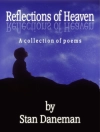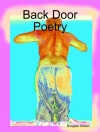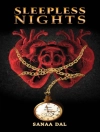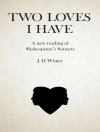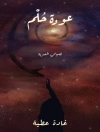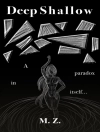Alicia Suskin Ostriker's voice has long been acknowledged as a major force in American poetry. In <i>No Heaven</i>, her eleventh collection, she takes a hint from John Lennon's "Imagine" to wrestle with the world as it is: "no hell below us, / above us only sky." It is a world of cities, including New York, London, Jerusalem, and Berlin, where the poet can celebrate pickup basketball, peace marches, and the energy of graffiti. It is also a world of families, generations coming and going, of love, love affairs, and friendship. Then it is a world full of art and music, of Rembrandt and Bonnard, Mozart and Brahms. Finally, it is a world haunted by violence and war. <i>No Heaven</i> rises to a climax with elegies for Yitzhak Rabin, assassinated by an Israeli zealot, and for the poet's mother, whose death is experienced in the context of a post-9/11 impulse to destroy that seems to seduce whole nations. Yet Ostriker's ultimate stance is to "Try to praise the mutilated world, " as the poet Adam Zagajewski has counseled. At times lyric, at times satiric, Ostriker steadfastly pursuesin <i>No Heaven</i> her poetics of ardor, a passion for the here and now that has chastened and consoled her many devoted readers.
Mengenai Pengarang
<b>Alicia Suskin Ostriker</b> is a major American poet and critic. She is the author of numerous poetry collections, including, most recently, <i>The Old Woman, the Tulip, and the Dog; The Book of Life: Selected Jewish Poems, 1979–2011;</i> and <i>The Book of Seventy</i>, winner of the National Jewish Book Award. She has received the Paterson Poetry Prize, the San Francisco State Poetry Center Award, the William Carlos Williams Award, and has twice been a finalist for the National Book Award, among other honors. Ostriker teaches in the low-residency MFA program at Drew University and is currently a chancellor of the Academy of American Poets.


